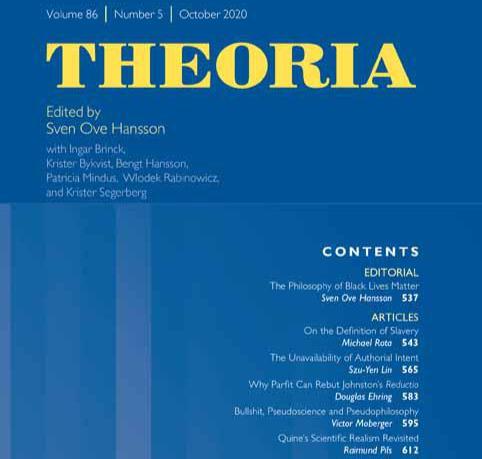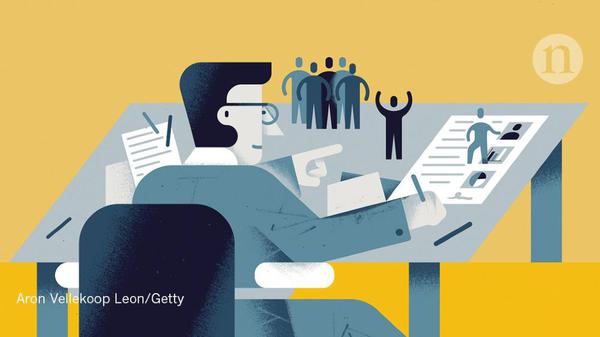February 14 2022
Book: Marvelous Microfossils Creators, Timekeepers, Architects
A book by Patrick De Wever: Microfossils—the most abundant, ancient, and easily accessible of Earth's fossils—are also the most important. Their ubiquity is such that every person on the planet touches or uses them every single day, and yet few of us even realize they exist. Despite being the sole witnesses of 3 billion years of evolutionary history, these diminutive fungi, plants, and animals are themselves invisible to the eye. In this microscopic bestiary, prominent geologist, paleontologist, and scholar Patrick De Wever lifts the veil on their mysterious world.






